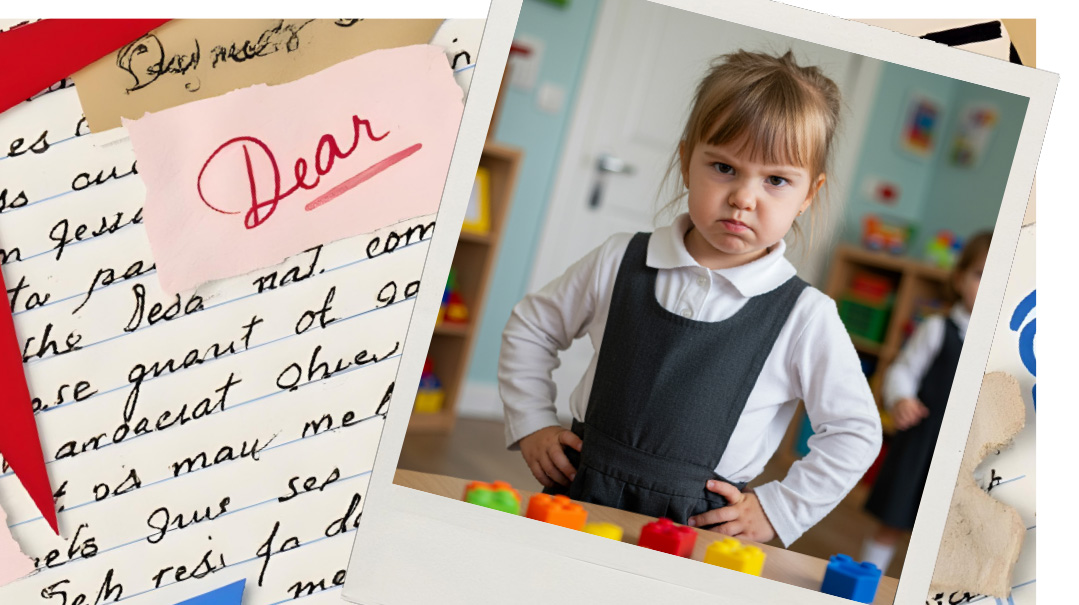Dear Doula

I was traumatized; not by the birth itself, but at the belief that I’d failed: as a student, as a woman, as a mother

Dear Doula,
You’ve devoted your life to assisting women in the most vulnerable times in their lives. You’re clearly well-informed and well researched, and come with a trove of helpful knowledge to assist women. Clearly, you also have strong opinions. And not without reason. In your role as doula, you’re by definition the expert; I assume you know your word holds much weight.
New mothers take in every class, absorbing the messages and ideas you’re giving over. This is true not only of the facts and figures you present, but of the hashkafic content as well. And this was the first area I struggled with in your classes.
You determine the type of birth you have. Epidurals are the worst possible thing you can do for your body, and can certainly be avoided. Women I work with never have a C-section. These messages were delivered, emphatically, forcefully, in varying ways, insinuating that birth and the way it progresses is completely in a woman’s control.
But don’t we know that Hashem, and Hashem alone, holds the keys to birth? You, with all your knowledge and experience, seem to have wrested those keys from His Hands, and believe fully “kochi v’otzem yadi.” Is this a hashkafah you feel comfortable relaying to women?
It would be sufficiently dangerous if that was the only impact your classes have on women. Yet there’s another critical point you seem to have forgotten.
Envision for a moment somebody — an expert, no less — sharing “facts” about a certain topic, one she insists you have autonomy over. And then, through no fault of your own, something happens, something nobody could have expected, which throws everything helter-skelter. What might have been true before, is no longer applicable.
As a student, this never crossed your mind; why would it? The expert never warned of such an eventuality, never even seemed to entertain the notion that it could be possible.
It should be obvious that during labor, birth, and recovery, women aren’t just physically vulnerable, but emotionally vulnerable as well. An insidious byproduct of your messages is that if something happens during birth — as things inevitably do: a baby in distress, a cord wrapped around the neck — the woman is thrust into emotional turmoil, with no one to blame but herself.
During my own protracted labor and delivery, I heard your voice whispering in my ear. Refuse the epidural. Don’t allow any IVs or fluids. Your baby will be just fine if you, not the doctors, make the decisions. And then, after two hours (!!) of pushing, with the baby’s heartbeat dropping precariously, I was rushed into an emergency C-section.
I cannot tell you of the screams I let out, the clawing and kicking at the nurses and doctors who were only trying their best to save my baby’s life. I’m embarrassed at the scene I made, refusing to sign papers, hysterically arguing that I wouldn’t, couldn’t, undergo the operation. It was only when my levelheaded husband looked me straight in the eye and said, “If you don’t do this, the baby will die,” that my logic kicked in, and I begrudgingly acquiesced to the surgery. Because, no, contrary to what you teach, a C-section is not “worst-case scenario.” Chas v’shalom, a dead baby or dead mommy is.
After the birth, the guilt persisted, the self-recriminations that I was at fault, that it all could have been avoided, somehow. I was traumatized; not by the birth itself, but at the belief that I’d failed: as a student, as a woman, as a mother. And that little voice in my head, the one that is yours, made my emotional recovery so very, very difficult.
For me, the most challenging part is that it all could have been avoided, had you tweaked the lessons, relaying messages that actually align with Torah. Please, you have so much power! You can convey concepts to women that will remind them Who is in charge, and can empower them that whatever happens, it’s for the best.
More than all the other information you give over, that mindset is what will ultimately help new mommies, and their babies, for many years to come.
With much respect,
A (Former) Client
(Originally featured in Family First, Issue 803)
Oops! We could not locate your form.






